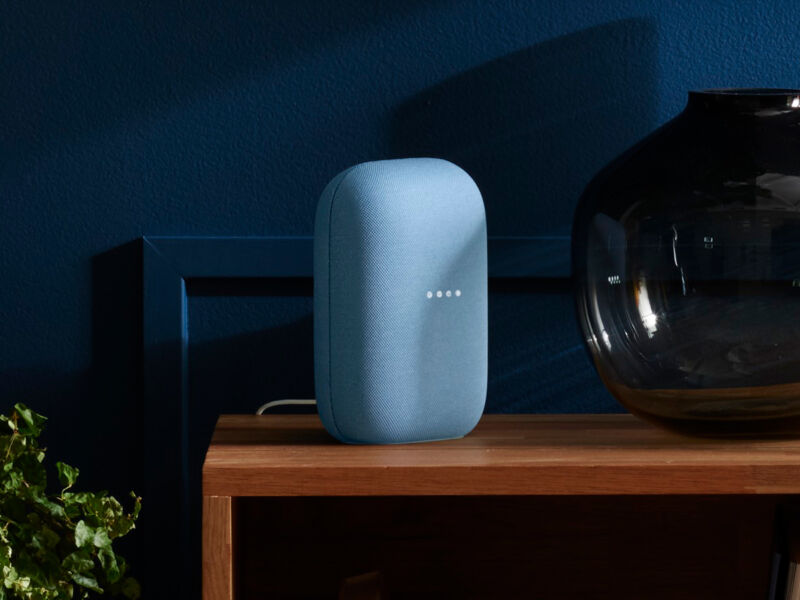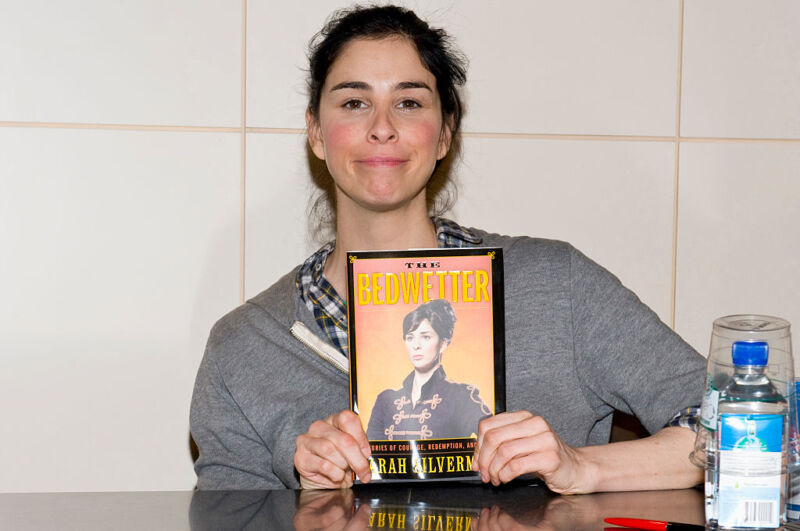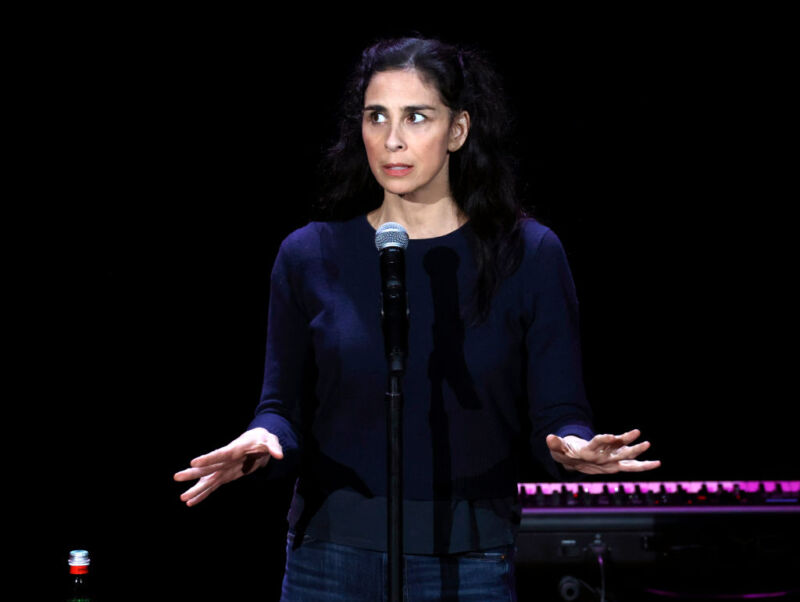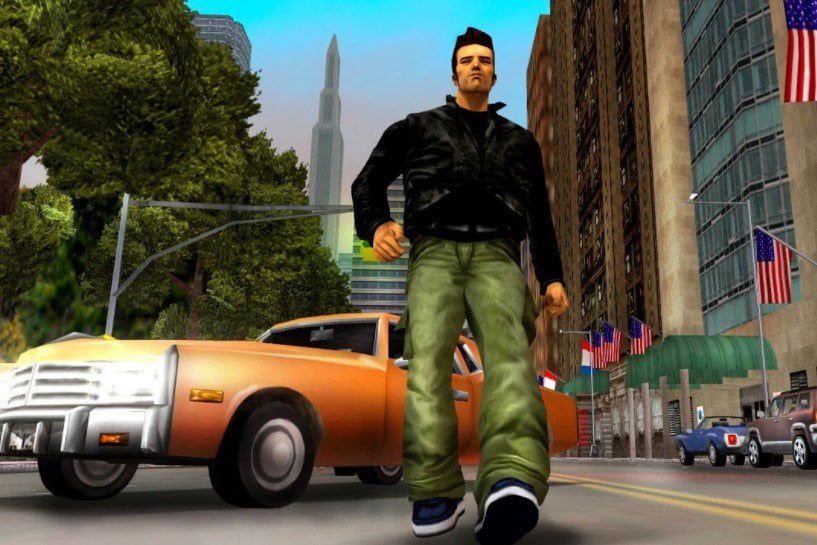-
 chevron_right
chevron_right
Google wins Sonos patent case, immediately ships speaker software update
news.movim.eu / ArsTechnica · Wednesday, 11 October, 2023 - 18:49 · 1 minute

Enlarge / The Nest Audio. (credit: Google )
Google and Sonos have been volleying patent infringement lawsuits back and forth for a few years now. Sonos has been making Internet-connected speakers since 2005 and has a lot of patents, while Google only jumped into the market in 2016 with the first speaker in the Google Home lineup (now called "Nest Audio"). You may remember that in early 2022 , Google lost a Sonos patent infringement case around controlling multiple speakers together in a group. After losing, rather than just paying Sonos a licensing fee for the feature, Google instead chose to reach into customers' homes and disable the feature from devices people had already bought.
This week Google managed to convince a federal court that some of the patents from the 2022 ruling are invalid, and Google's response was to immediately ship an update re-enabling the group speaker features on customers' devices. Here's the pretty wild statement Google made to customers on the Nest Support forum:
We recently made a change to speaker groups for Nest speakers, displays, and Chromecast where certain devices can only belong to one speaker group at a time in the Google Home app. A federal judge has found that two patents that Sonos accused our devices of infringing are invalid .
In light of this legal decision we’re happy to share that we will be rolling back this change. Devices will be able to belong to multiple speaker groups and you will no longer run into an error when trying to add a device to additional groups. We’re beginning to roll out this update immediately and expect it to go live across our devices and the Home App on Android in the next 48 hours. The change will also be coming soon to the Home App on iOS.
As it says in the statement, the invalidated patents were around adding speakers to multiple speaker groups. Google Home/Nest Audio and Sonos speakers can play audio from multiple speakers in multiple rooms, using their built-in microphones to automatically juggle the surprisingly complex audio delay problems, creating a seamless whole-home audio experience. Sonos smacked down Google with five patents in 2022, with the (still valid!) headline patent allowing for the control of multiple speaker volumes at once. Sonos won $32.5 million in damages from Google.







 In 2021, a group of Grand Theft Auto enthusiast programmers released ‘re3’ and ‘reVC’, a pair of reverse-engineered modifications for GTA 3 and Vice City.
In 2021, a group of Grand Theft Auto enthusiast programmers released ‘re3’ and ‘reVC’, a pair of reverse-engineered modifications for GTA 3 and Vice City.
